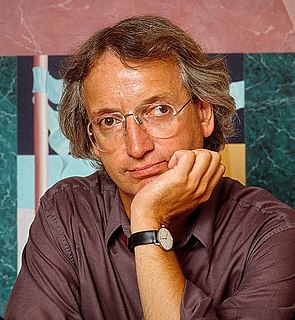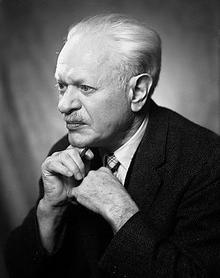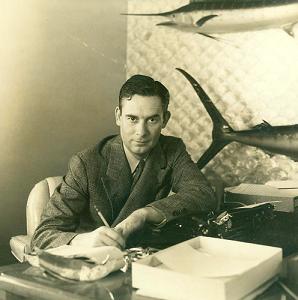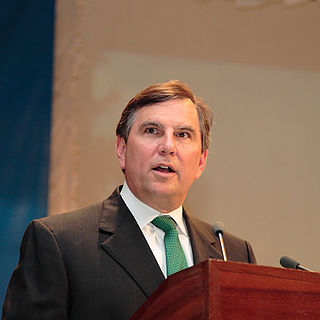A Quote by Michael Graves
In any architecture, there is an equity between the pragmatic function and the symbolic function.
Related Quotes
To me, form doesn't always follow function. Form has a life of its own, and at times, it may be the motivating force in design. When you're dealing with form as a sculptor, you feel that you are quite free in attempting to mould and shape things you want to do, but in architecture, it's much more difficult because it has to have a function.
Good design is not about form following function. It is function with cultural content. By adding "cultural content" to the concept of "form follows function," objects cease to be finite or predictable. Maybe the right way to interpret the dictum is to first acknowledge that the function needs to be clearly understood before the form is considered.
If form follows function, as we know it does in this Universe, then consciousness will adapt to whatever form it requires in order to function. Hopefully, it will also develop its fundamental function; what that is may be debatable within many schools of thought, but it is indisputable that evolved thinking recognizes the universality of Life.






































